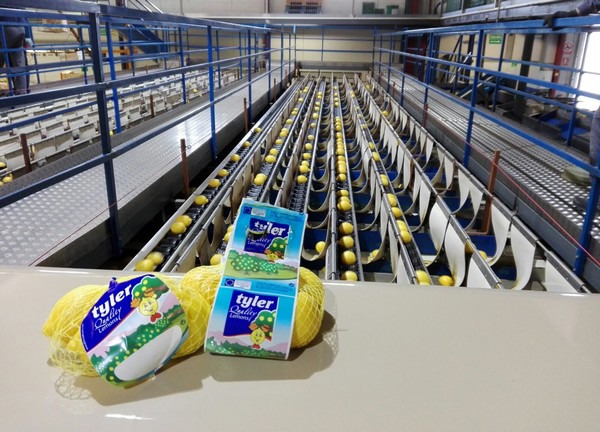The Verna lemon season is almost ending in Spain. This year, the impact of the pandemic, with the consequent loss of sales channels, and the negative influence of the weather on the fruit's growth have made the marketing quite complicated.
"A lot of fresh lemons are sold to the hotel and catering industry. Tourism has not yet recovered in Europe and therefore the food service channel is not working at full capacity, which has significantly affected sales," says Enrique Fuentes, commercial director of the Murcian company Hijos de Alberto del Cerro, a lemon producer and marketer.

"Since the fall, most European countries have been under lockdowns and with the food service channel practically closed. The wholesale trade has been badly affected, and although supermarkets have made up for some of the losses in sales, they have not been able to compensate," he says. "Fortunately, this year our sales to the retail channel have significantly increased, so our lemon marketing volumes will be very similar to those of last season."
Another factor that has had a negative impact on Verna lemon sales has been the rainy weather, which has led to excessive fruit growth. "Initially we expected a good production in terms of volume and quality, but the excessive rainfall has caused the lemons to become too large. There is an abundance of fruit of sizes that are rejected by buyers. This has contributed to a further decline in the demand, and more lemons are being shipped to the processing industry, which has not been able to offset the lack of balance. However, the Primofiori variety has been easier to sell during the autumn and winter, as it has not suffered any size-related problems," says Enrique Fuentes.
There is little time left for the end of the season and there has hardly been any competition from the lemons from the southern hemisphere, as is usual at this time of year. "There is no supply pressure from South Africa and there are no Argentinian lemons in the markets. Argentina has been very cautious this year in shipping fruit, given last year's black spot interceptions. At the same time, the European market has not been very attractive commercially. South African lemons will soon become available again."
For more information:
Enrique Fuentes
Hijos de Alberto del Cerro
C/ Mayor, 372.
30139 El Raal, Murcia. Spain
T: +34 968600162
M: +34 672162003
enrique@albertodelcerro.com
www.albertodelcerro.com
